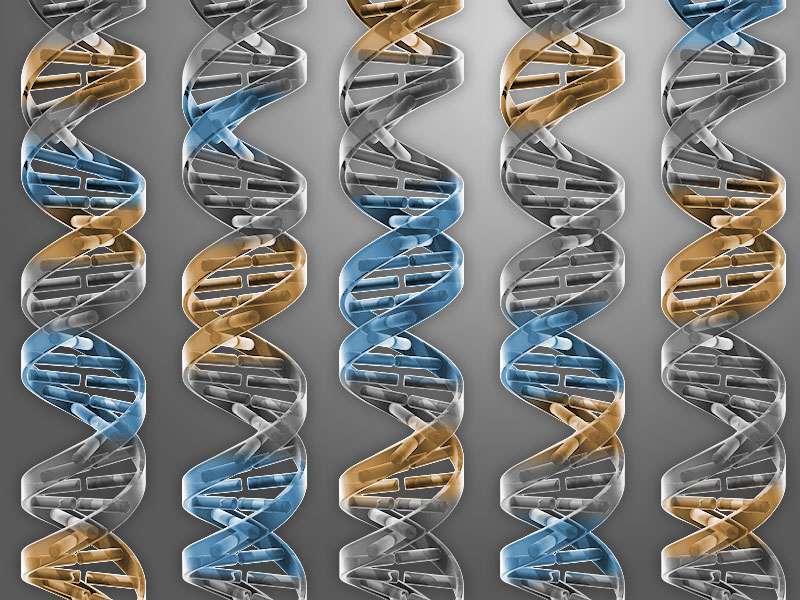Immune system link to kidney disease risk, research finds

A gene which forms part of our body's first line of defence against infection may be associated with an increased risk with a type of kidney disease, research involving academics at The University of Nottingham has discovered.
The work, which is published in the academic journal Science Translational Medicine, found that the difference in the number of copies of the alpha-defensin genes was a major genetic factor in developing the condition IgA nephropathy.
Professor John Armour, Professor of Human Genetics in the University's School of Life Sciences, said: "The observation that variation in the gene numbers for these alpha-defensin genes is strongly correlated with risk of IgA nephropathy creates an interesting puzzle.
"The data overwhelmingly support the association, but we still don't understand what the connection might be between alpha-defensins and molecular events that cause the kidney problems."
IgA nephropathy, also known as Berger's Disease, is a condition in which Immunoglobulin A, one of the types of antibody the body produces to fight infection, settles in the kidney causing scarring and inflammation. The condition can lead to high blood pressure, swollen ankles and high levels of cholesterol in the blood and, in the most serious cases, can lead to kidney failure.
It is a relatively rare condition in Europe, but is much more common in China and East Asia, where it is the leading cause of patients needing dialysis because of kidney failure.
Previous studies have demonstrated that there are genetic factors involved in predisposition to the disease and scientists have been working to map these factors more precisely.
In this latest study, Professor Armour and colleagues at Nottingham have worked in collaboration with teams at the University of Leicester, Sun Yat-sen University in Guangzhou, China, and the Genome Institute of Singapore.
They came to the unexpected conclusion that the strongest genetic factor is the variation in numbers of genes for defence proteins.
People have two copies of most genes in the human genome, one from each parent, but some genes are present in different numbers in different people.
The team looked at genetic variation in more than 1,000 patients with IgA nephropathy, compared with more than 1,000 people without the condition, and found a significant difference in the numbers of alpha-defensin genes between the two groups.
Alpha-defensins are proteins that kill bacteria as part of the innate immune system, our first line of defence against infection.
Although the findings do not immediately suggest new therapies for the disorder, they will improve our chances of identifying those who are most at risk and offer a new line of investigation to understand exactly how the defensin gene copy number variants lead to kidney disease. The team is already undertaking the next stage of research to further develop our knowledge.
More information: "Low α-defensin gene copy number increases the risk for IgA nephropathy and renal dysfunction," Science Translational Medicine, stm.sciencemag.org/lookup/doi/ … scitranslmed.aaf2106















